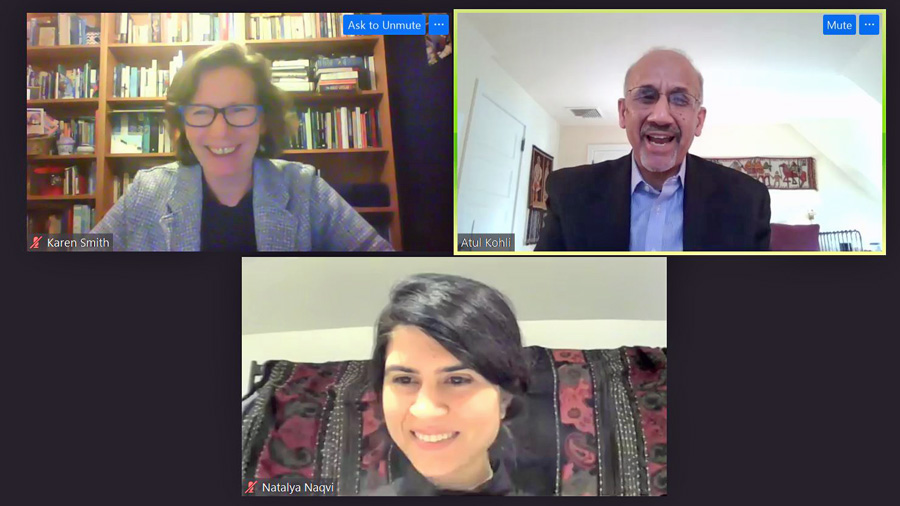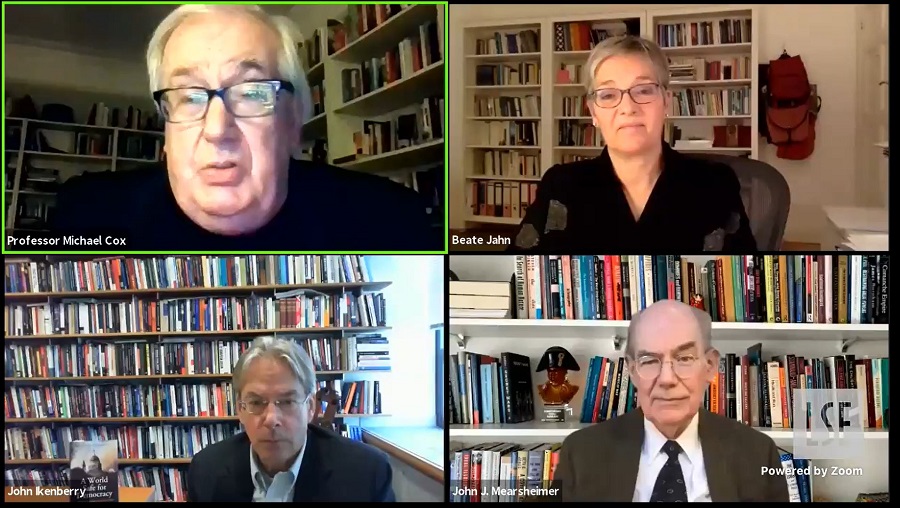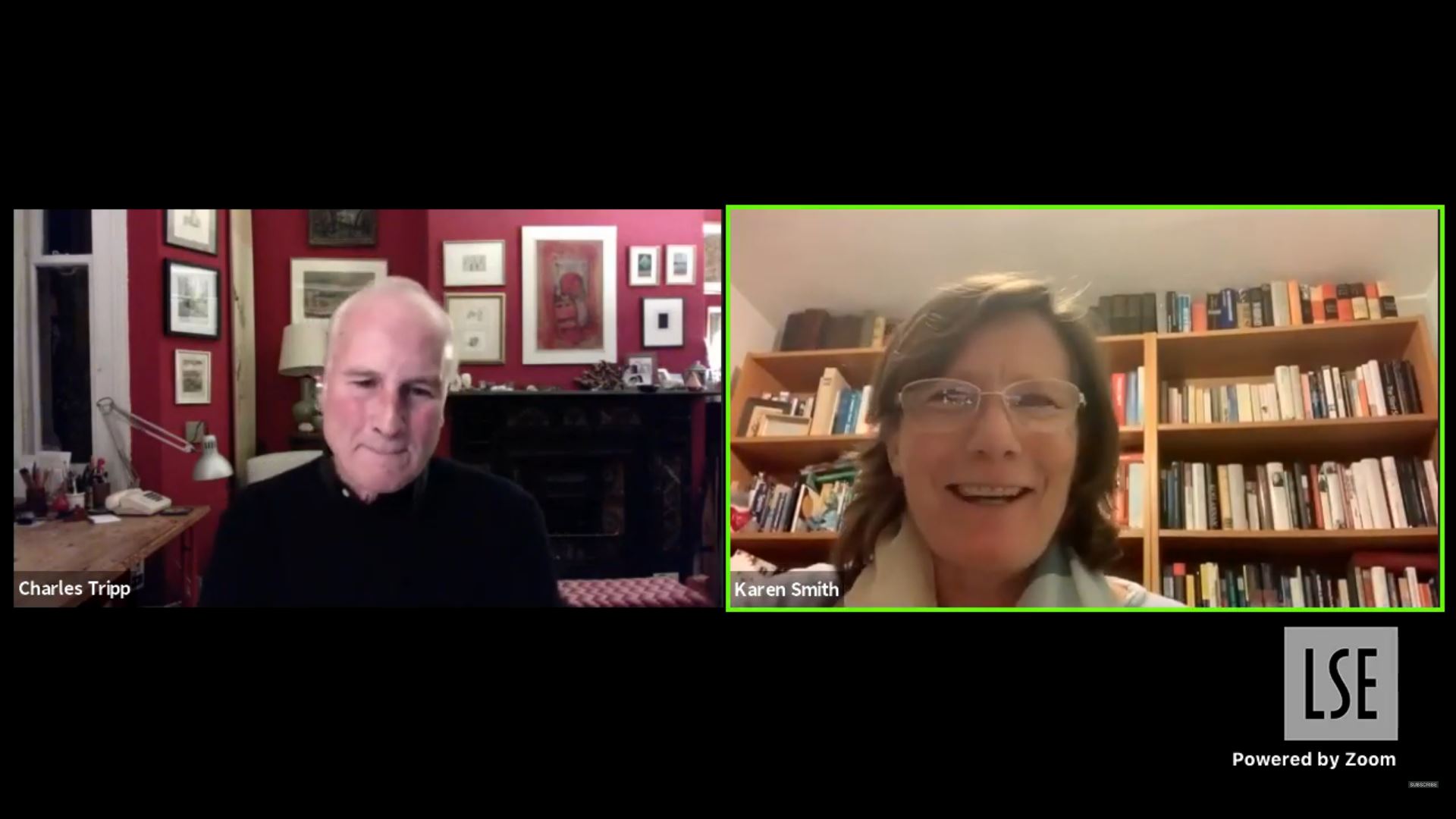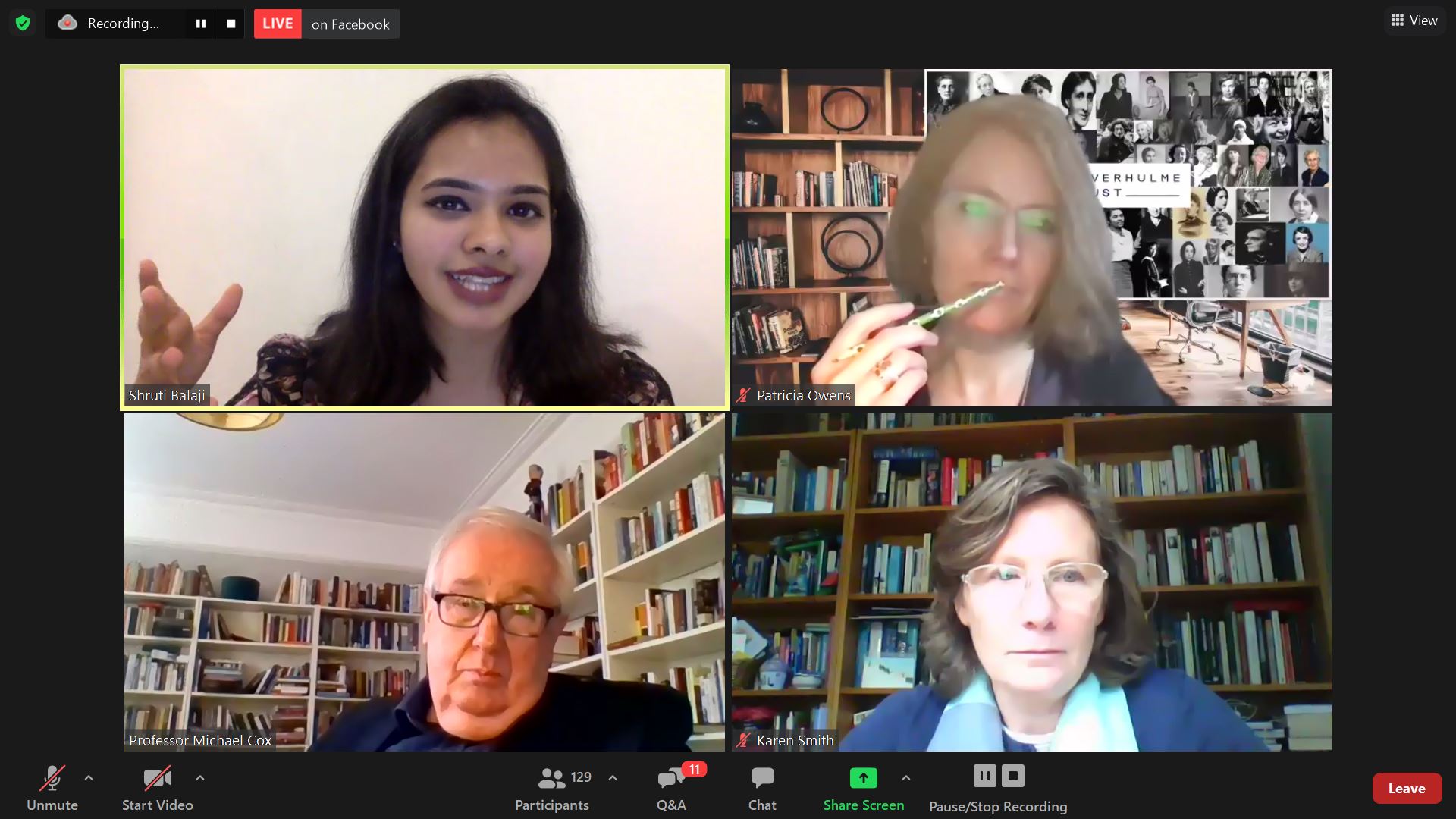On Thursday, 3 March 2022, our panel launched the new book Great Powers, Climate Change, and Global Environmental Responsibilities by introducing the first-ever attempt to explain global climate politics with a great powers lens.
This panel was hosted by the Department of International Relations and the Grantham Research Institute on Climate Change and the Environment, LSE, and chaired by Dr Robert Falkner, one of the editors of this volume. Co-editor Professor Barry Buzan and several contributors of the new book, including Dr Alina Averchenkova, Professor Kathy Hochstetler, Dr Miriam Prys-Hansen and Professor Stacy Vandeveer, joined this event as speakers.
- Find out more about the event and speakers
- Listen to or download the audio podcast (90 mins)
- Watch on YouTube (90 mins)
Looking at the nature of power in an environmental sense
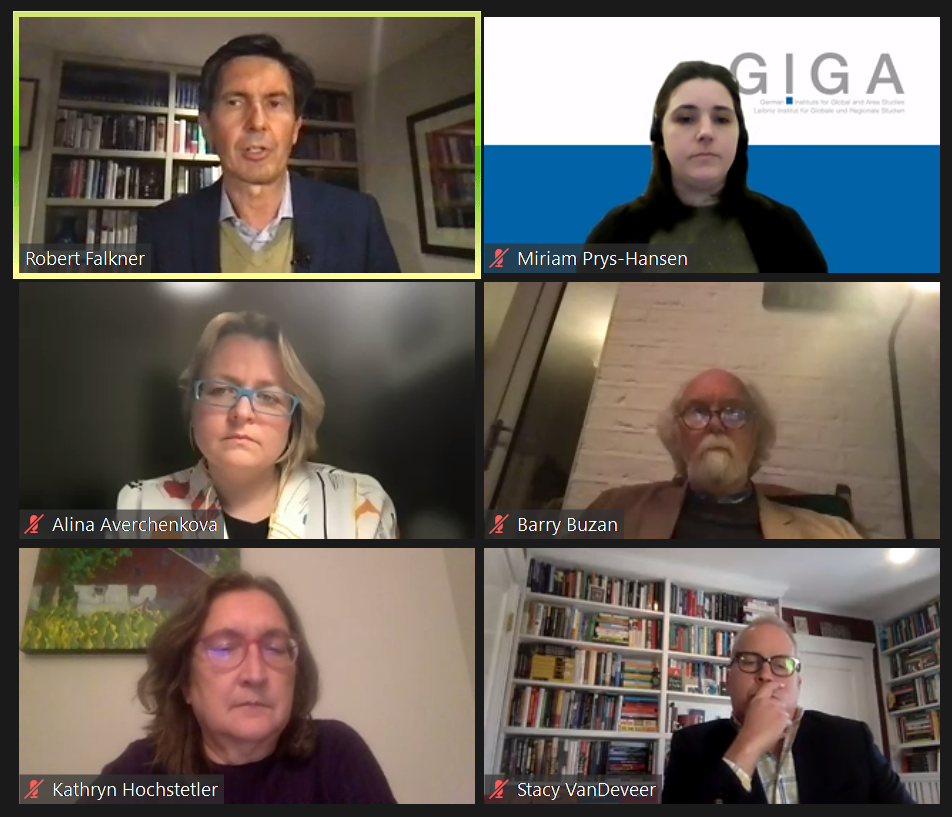
A new arena for great powers
The idea of great powers has been widely used in several conventional sub-fields of international relations, such as security and trade. Yet, the new book at the centre of this event adapted the great power concepts to the particular circumstances of the environmental sector, offering a novel approach for understanding the power inequality that is central to Global Environmental Politics (GEP). Dr Robert Falkner and Professor Barry Buzan opened the session by defining positive and negative environmental power (a state’s ability to help or hurt the environment) and led discussions after summarising the book’s conceptual framework.
North or South? Discourse or Action?
The agenda moved on to the cases of ‘boundary’ states and coal powers. Professor Kathy Hochstetler and Dr Miriam Prys-Hansen highlighted Brazil’s and India’s potential to become environmental great powers and their current challenges of domestic political backlashes. Furthermore, Professor Stacy Vandeveer examined major coal powers’ inner conflict between the discourse of responsibility and material actions, concluding that domestic politics determines actions.
All hands on deck
The engagement of the audience was remarkable. Questions regarding the power of small island states, the role of international law, and non-state actors’ impact were answered during the second half of this event. By the end of the evening, sparks of enlightenment were indeed ignited in every participant’s mind. The idea of ‘deep pluralism’, a concept denoting the post-western future of international society and the diffusion of wealth and power, resonated strongly, as it may signal a more conflictual future between environmental great powers. The critical question here is: What will our beloved earth be like in this scenario? Will it be further degraded by the escalating power game? The first step of answering is the mission of this event: understanding the nature of the power game of nature.
Event report by Lawrence Niu, MSc International Political Economy at LSE
Lawrence Niu is an MSc International Political Economy student at LSE. He completed his BA in Diplomacy and BBA in International Business at National Chengchi University, Taiwan. His research interests include Chinese foreign relations, global business, and global environmental politics.



